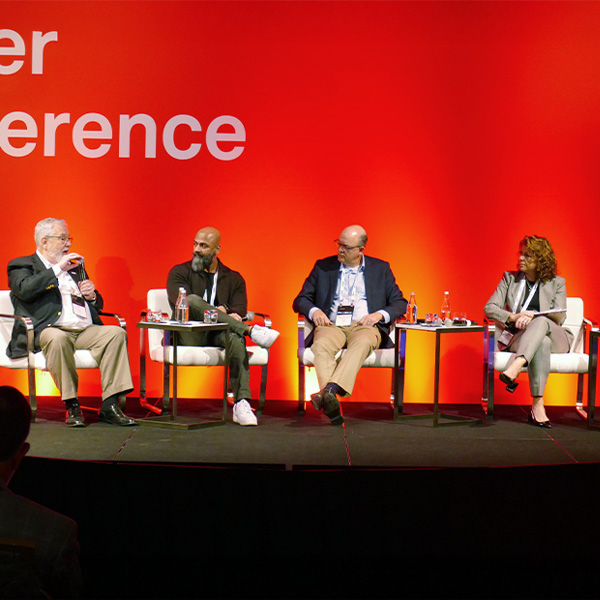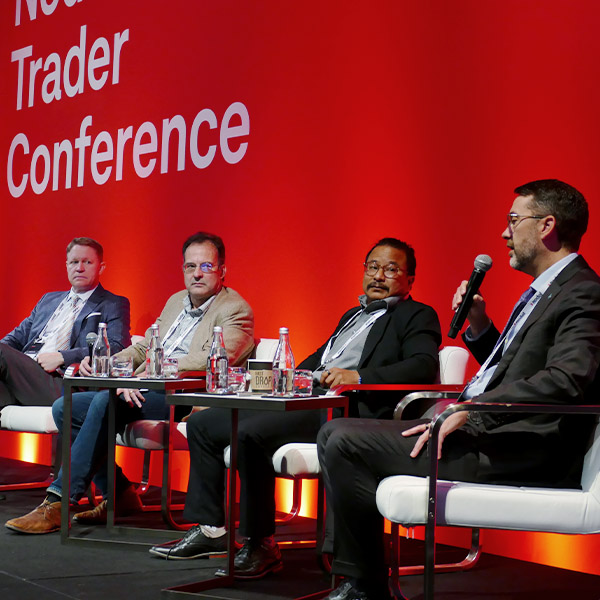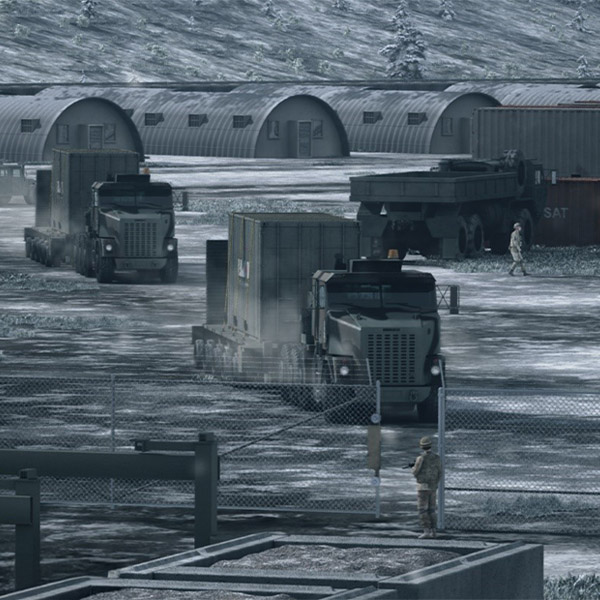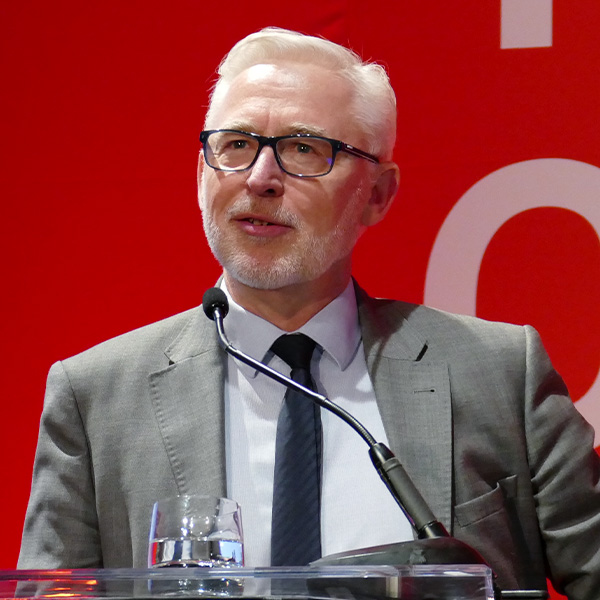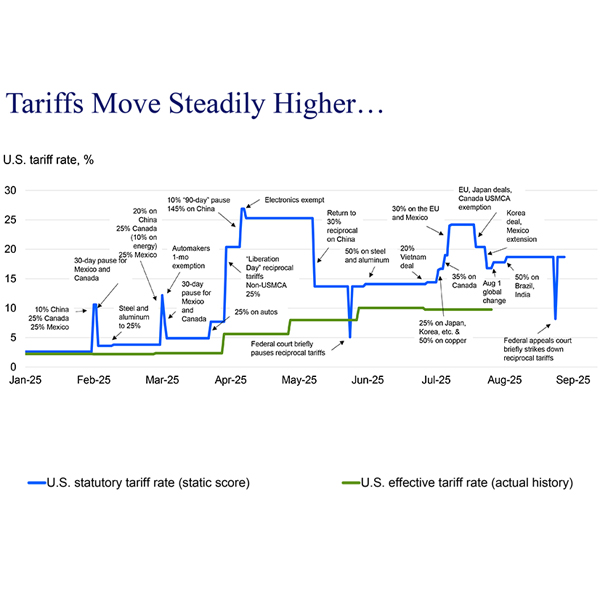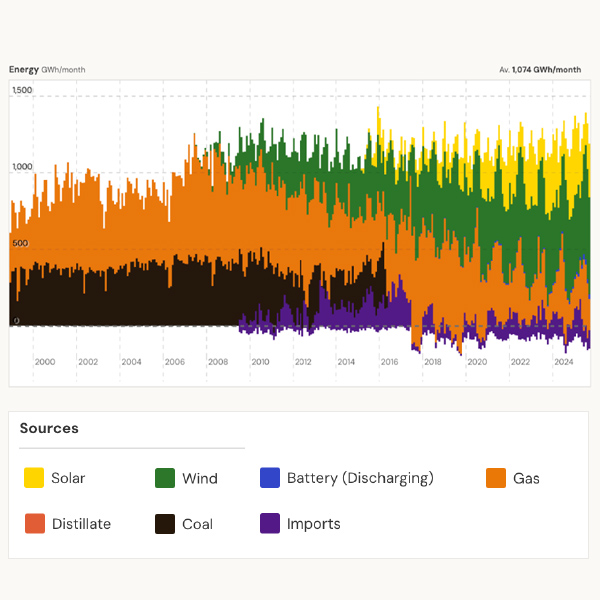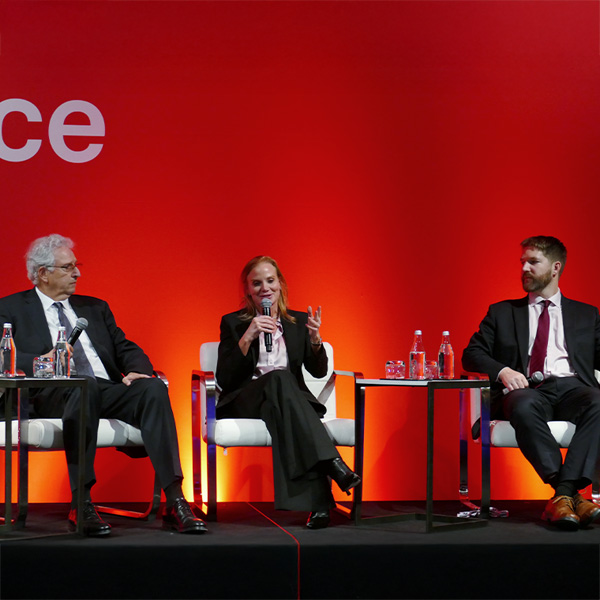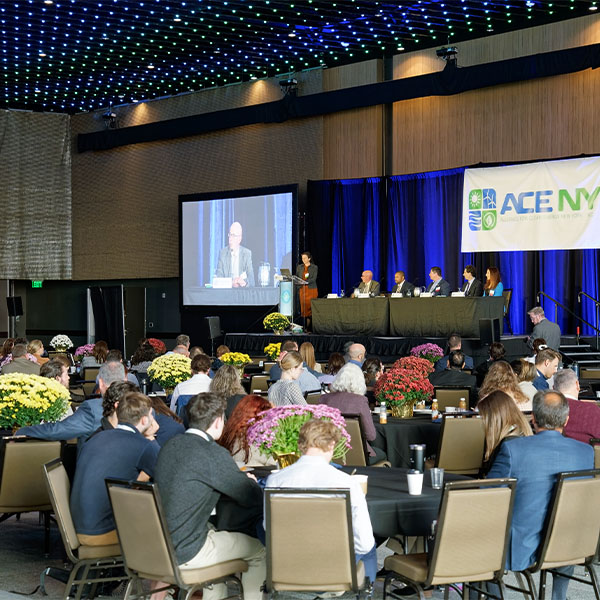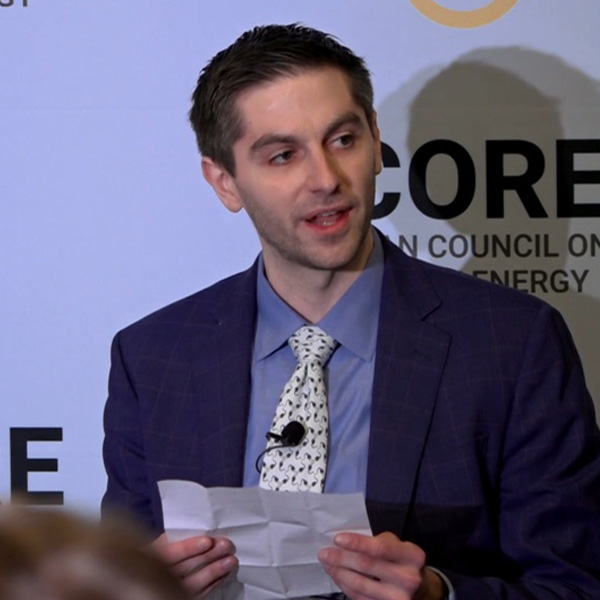Special Reports & Commentary
Panelists at S&P Global’s Nodal Trader Conference discussed the impact of demand growth and uncertain load forecasts on markets.
ERCOT can ensure long-term reliability with its energy-only market, but it must operate its grid less conservatively for that to happen, said Potomac Economics President David Patton.
The U.S. Army’s new next-generation nuclear power program is wasteful, counterproductive and dangerous, says columnist Steve Huntoon.
ISO NE CEO Gordon van Welie talked about the evolving grid in New England and how markets are changing and what the future holds as state policies drive higher demand and increasing decarbonization.
Presenters at NYISO’s Fall Economic Conference painted a confusing portrait about the future of the economy.
The U.S. needs to take rooftop solar seriously and consider how it can be an essential part of our energy mix, says columnist Dej Knuckey.
Former FERC Chair Richard Glick and former FERC economist Devin Hartman told attendees at the Nodal Trader conference that they fear for FERC's independence.
State policymakers and industry leaders at the Alliance for Clean Energy New York’s Fall Conference offered messages of full support even as they acknowledged the federal roadblocks thrown in their path.
Trump officials and other Republicans celebrated the major changes the administration has brought to energy and environmental policy at AFPI's Global Energy Summit.
Speakers at ACORE’s annual Grid Forum weren’t afraid to use strong words on the ineffectiveness of the U.S. permitting system but were bullish that it’s fixable.
Want more? Advanced Search
